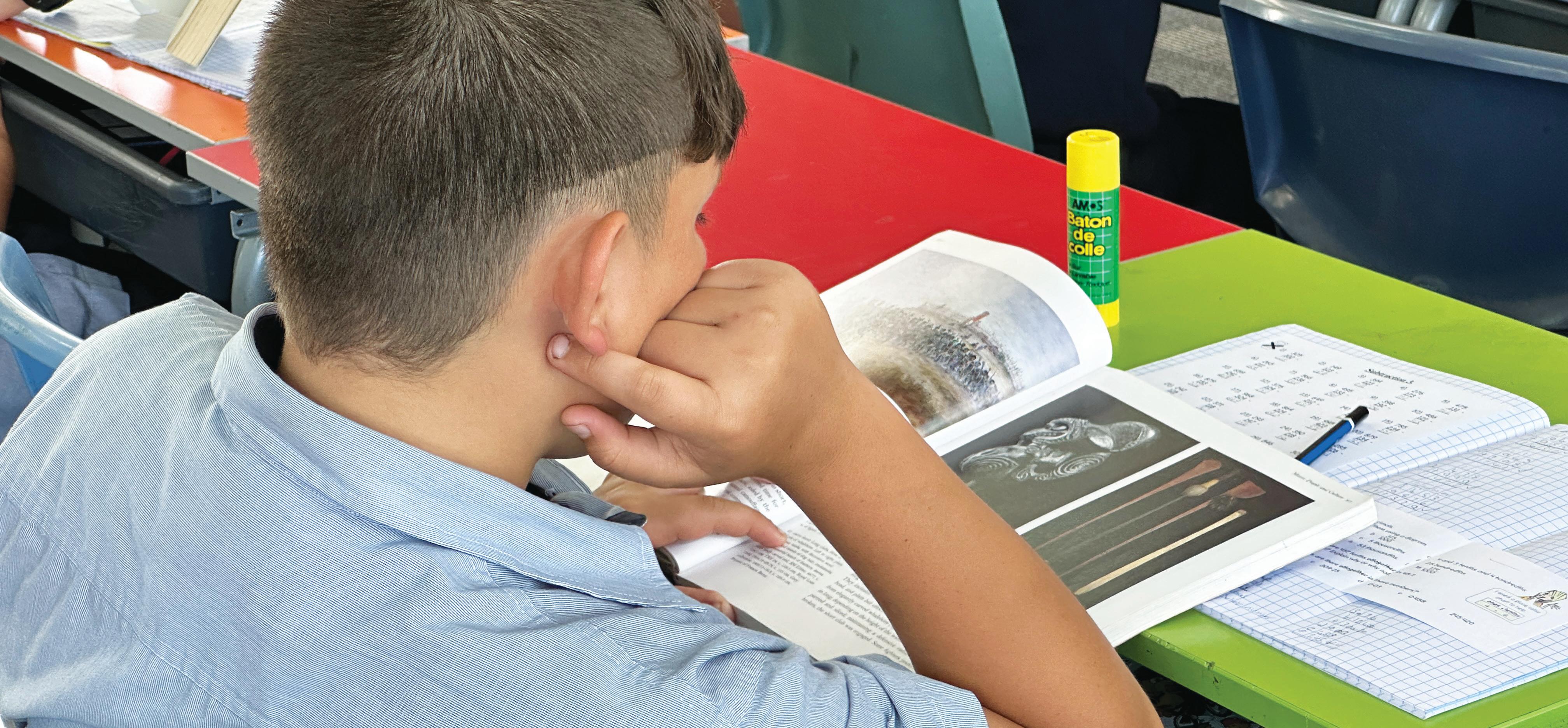Over the last few weeks you may have seen quite a bit of press around the issue of declining literacy in New Zealand schools. The evidence is clear. By any metric, be it international comparisons through the likes of PISA, or using our own nationally generated data, it is clear that literacy rates have fallen markedly. As a sector we have to take responsibility - we’ve taken our eye of the ball, focusing on new and shiny things, none of which are necessarily inherently bad, but what they do is to take our focus from what should be our core. Literacy is critical to success and advancement, in many ways the master skill of schooling. As Dr Seuss extols so wisely, “The more that you read, the more things you will know. The more that you learn, the more places you’ll go.”
While some students struggle to read at all, much more common is that many have weak reading skills, using a combination of context, sight words, insecure phonological awareness, and guessing to give the ‘illusion’ of reading. This can allow students to ‘get through’ school, but as text complexity increases, these students increasingly founder, often resulting in disengagement from school.



Thankfully (although somewhat frustratingly, because the education sector is slow to adapt) we have the answers. Once students have been taught to decode, then building knowledge in a structured, sequenced way is key. This approach supports all learners, but especially those from disadvantaged backgrounds, or those with learning difculties. Worldwide, there has been a signifcant swing to ‘structured literacy’ which is based on the science of reading, and is no longer contestable. The reading wars are over, or should be - the evidence is so secure. So-called ‘balanced literacy’ is now discredited. The techniques used in balanced literacy (such as 3-cueing and predictable or levelled readers) are not supported by Science, and essentially amount to malpractice. We need to ban these approaches.
So, what can parents do to support their children in reading? Firstly, become a strong advocate for structured literacy. In early years you should expect that your child is engaged in a quality synthetic phonics programme, for 30 minutes per day. If you’re not sure, ask your school. Secondly, your children need to see

you reading, daily. We can not expect our children to become good readers if we have our noses buried in smartphones! Use whatever combination of bribery, coercion and incentive to encourage your child to read - start small, and then look to build the habit and love of reading. One of the very best things you can do is to read aloud to your child, and have them read aloud back. As Napoléon Bonaparte stated, “Show me a family of readers, and I will show you the people who move the world.”
For the frst time in our history, Mahurangi College entered Polyfest, incredibly placing 2nd for the Diversity Stage Fusion Award and 3rd for the Oceania Continent Award. Our Year 13 leaders were outstanding, coordinating the team




and practises. It was also very special to see all of our Pasifka students achieving together. Many were embracing aspects of their cultural heritage they had never connected with before and stepping way out of their comfort zone. The experience was also a great reminder of the support and commitment we have within our Pasifka communities. Our heartfelt thanks to all involved. You can watch the performance online via the ASB Polyfest 2023 website.

